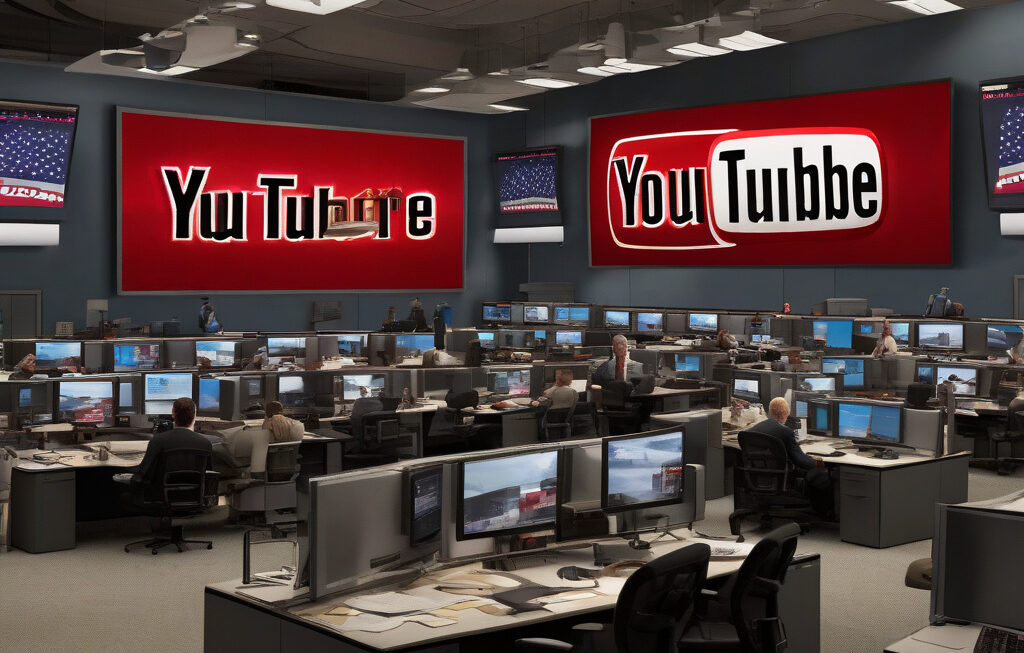TikTok Struggles to Stop the Spread of Hateful AI Videos
The world of social media is a dynamic and ever-changing landscape. With the rise of artificial intelligence (AI) technology, platforms like TikTok are facing new challenges in combating the spread of harmful content. Recently, AI-generated videos from Google’s Veo 3 have been circulating on TikTok, spreading racist stereotypes and hateful messages. This alarming trend has raised concerns about the efficacy of content moderation policies on these platforms.
Both TikTok and Google have explicit policies prohibiting the dissemination of content that incites hate speech or promotes discriminatory beliefs. However, the proliferation of AI-generated videos has exposed the limitations of these policies in effectively curbing the spread of harmful content. The automated nature of AI-generated videos makes it difficult for human moderators to detect and remove such material in a timely manner.
The spread of racist stereotypes on TikTok not only violates the platform’s community guidelines but also has real-world consequences. Such content can contribute to the normalization of discriminatory attitudes and behaviors, perpetuating harmful stereotypes and division within society. In an era where social media plays a significant role in shaping public discourse, it is crucial for platforms like TikTok to take proactive measures to prevent the dissemination of hateful content.
One of the key challenges in addressing the issue of AI-generated hateful videos lies in the complexity of AI algorithms. These algorithms are designed to learn and adapt based on the data they are exposed to, which can inadvertently result in the generation of biased or discriminatory content. While companies like Google are continuously refining their AI technology to minimize such risks, the inherent limitations of these algorithms cannot be overlooked.
In response to the recent incidents involving AI-generated hateful videos, TikTok has vowed to strengthen its content moderation efforts. The platform has stated that it is investing in advanced AI tools and increasing the size of its moderation team to more effectively detect and remove harmful content. Additionally, TikTok is collaborating with external experts and organizations to enhance its understanding of the nuances of hate speech and improve its moderation capabilities.
Despite these efforts, the battle against the spread of hateful AI videos on TikTok remains an ongoing challenge. The fast-paced nature of social media means that new forms of harmful content can emerge rapidly, requiring platforms to adapt and evolve their moderation strategies continuously. As AI technology continues to advance, platforms must stay vigilant and proactive in addressing the risks associated with AI-generated content.
In conclusion, the spread of racist stereotypes through AI-generated videos on TikTok highlights the complex interplay between technology and harmful content. While platforms like TikTok are taking steps to strengthen their content moderation efforts, the inherent challenges posed by AI algorithms necessitate a multi-faceted approach to combating hate speech online. By leveraging a combination of advanced AI tools, human moderation, and external partnerships, platforms can work towards creating a safer and more inclusive online environment for all users.
TikTok, AI, hateful content, social media, moderation strategies












